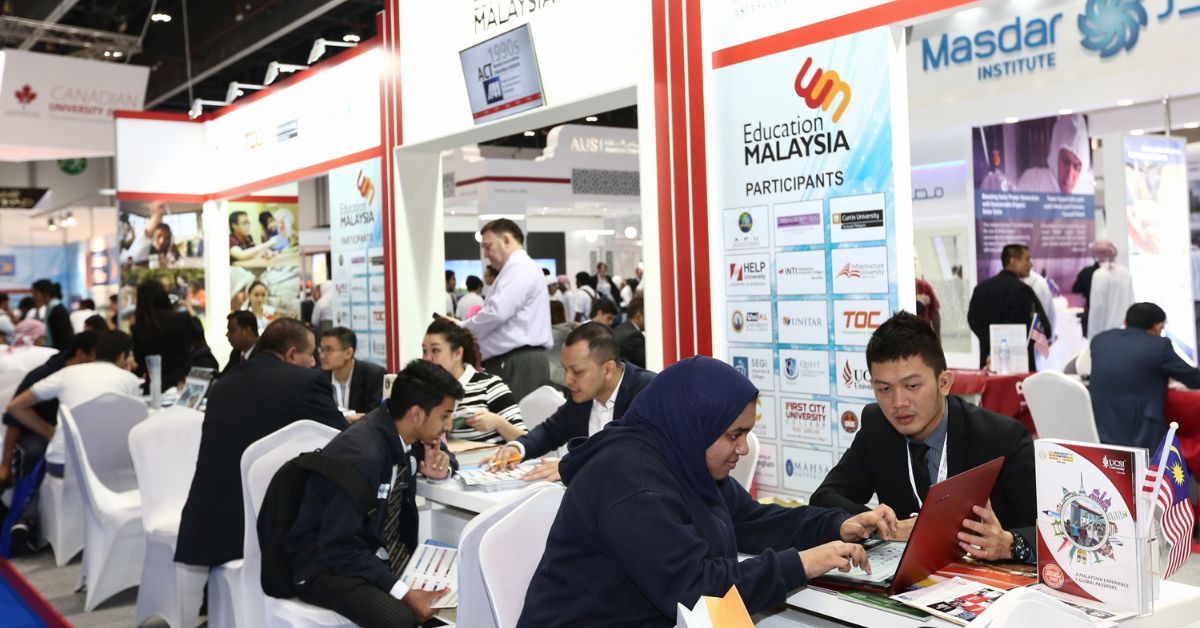KUALA LUMPUR — Malaysia welcomed more than 3,400 students from five Arab countries in 2021, but this number is not seen as sufficient. Confident in its robust higher education infrastructure, which includes both public and private universities, Malaysia aims to attract more Arab and international students. The country met its 2022 target of 50,000 new international students.
Among Malaysia’s unique selling points for the Middle East and North Africa are a high-quality curriculum, top-notch university facilities, courses in English, a safe and stable environment, and an affordable cost of living, according to Tourism Malaysia director-general Ammar Abdul Ghapar.
“In 2022, we saw a significant uptick in student applications from countries like Iraq, Egypt, Saudi Arabia, UAE, and Oman,” he shared in an email interview.
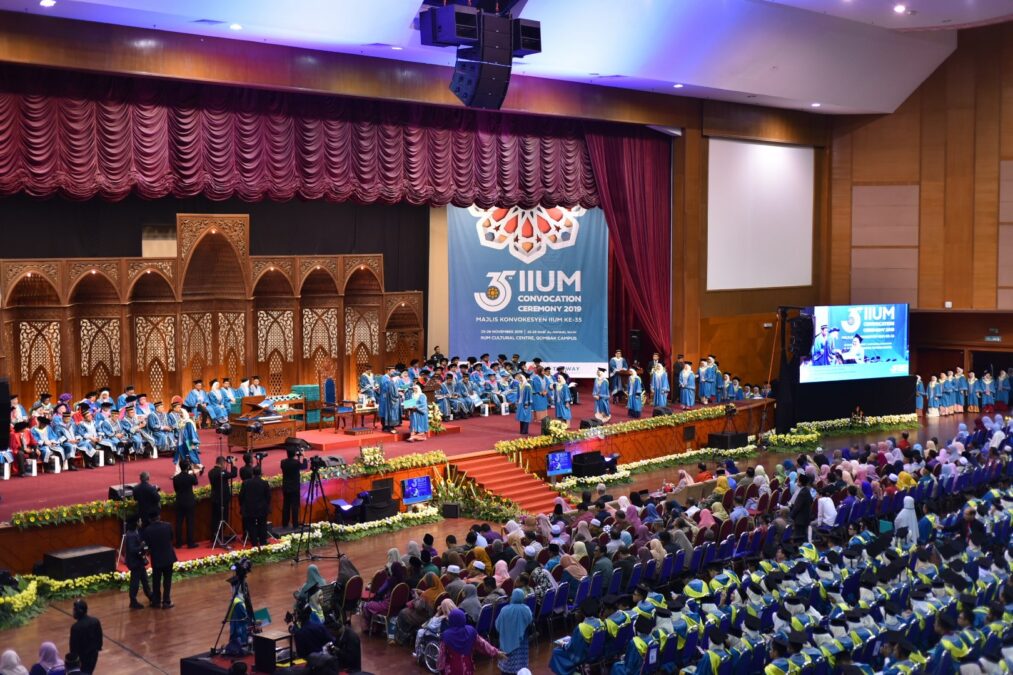
In 2021, Malaysia welcomed 1,043 students from Yemen, followed by 746 from Egypt, 652 from Iraq, 579 from Sudan, and 397 from Libya.
A major factor bolstering Malaysia’s appeal to Arab students is its reputation as a modern Muslim nation with a thriving education sector. Additionally, international students find they spend much less on food, housing, travel, transportation, and tuition fees compared to other leading destinations. Kuala Lumpur is ranked as one of Asia’s most affordable study destinations.
Opportunities for foreign students abound in both state-funded universities and private campuses. Several foreign institutions also operate branch campuses in the country.
Education Malaysia Global Services (EMGS), an agency under the Ministry of Higher Education responsible for promoting Malaysia as an education destination, also sees Central Asia and neighboring countries as potential student sources. They are also focusing on attracting students from Muslim communities in the United States, United Kingdom, Germany, France, and Australia.
At a glance * Malaysia achieved its 2022 target of 50,000 new international students. * Over 3,400 students from five Arab countries studied in Malaysia in 2021. * Unique selling points: high-quality curriculum, top-notch facilities, and English courses. * In 2021, student arrivals included 1,043 from Yemen and 746 from Egypt. * Malaysia rated as the top country for Muslim travel multiple times. * Tourist arrivals from the Middle East in 2020: 52,876; in 2019: 309,224. * Goal for 2023: Attract at least 300,000 arrivals from the Middle East. * Healthcare tourism in Malaysia saw 1.22 million travelers in 2019.
Concerns about Islamophobia in some parts of the world are increasingly influencing Muslim students’ choices of foreign universities.
Malaysia was rated as the top country for Muslim travel from 2011 to 2019 and again in 2021 by the Mastercard-CrescentRating Global Muslim Travel Index.
Being a multilingual country where English is widely spoken, Malaysia appeals to students seeking a unique Asian cultural experience. It’s beneficial that Kuala Lumpur is a major commercial hub in Asia. China remains the top source of international students in Malaysia, but there’s growing interest from countries like Indonesia, Pakistan, Japan, and Egypt.
Applications from international PhD students to study in Malaysia surged by 73 percent to 11,000 in 2021 compared to the previous year.
An established vacation destination
What works in Malaysia’s favor is its status as a popular vacation spot, and travel between the Middle East and Malaysia continues to grow. Malaysia’s renewed promotional campaigns in Middle Eastern countries aim to reach pre-pandemic levels of arrivals and student applications.
The Middle East was the first region globally to surpass pre-pandemic numbers of international tourist arrivals in the first quarter of 2023, followed by Europe, which reached 90 percent of pre-pandemic levels, driven by strong intra-regional demand.
Within Southeast Asia, intra-regional growth is key to achieving Malaysia’s foreign arrival targets this year, even though Middle East arrivals are significant in terms of higher per capita spending and average length of stay.
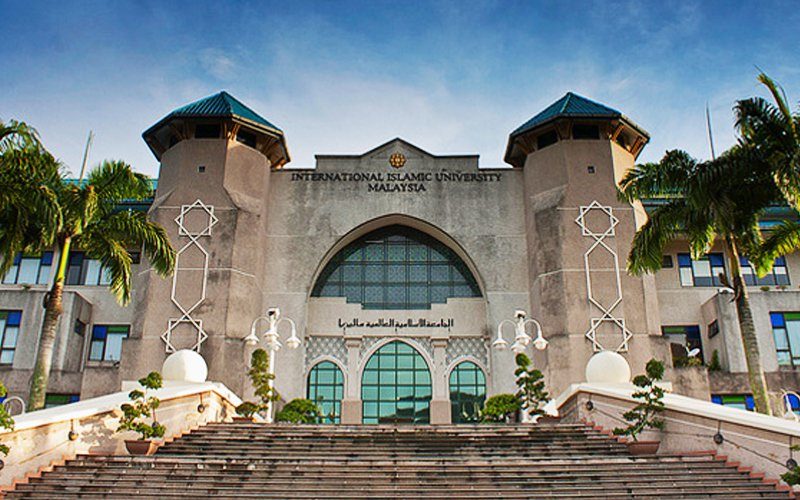
Arrivals from the Middle East were 52,876 in the pandemic-impacted 2020, compared to 309,224 in 2019.
“West Asia contributed to the highest tourist per capita expenditure of RM10,214 (US$2,170) compared to an average per capita of RM3,300 (about US$700) in 2019,” the Tourism Malaysia director-general said.
Tourists from the Middle East also recorded the highest average length of stay of 9.8 nights, compared to the overall average of 7.4 nights in the country.
This summer has been positive for the Malaysian tourism sector, with Malaysia hoping to welcome 18 million visitors in 2023, surpassing the initial target of 16.1 million.
The share of Arab visitors has been small in Malaysia’s 4.5 million tourist arrivals in the first quarter of this year, as Middle Eastern arrivals typically peak during the June-September summer season.
“For the first quarter of 2023, Malaysia registered 24,755 tourist arrivals from the West Asia region, mainly from Saudi Arabia, Iran, Oman, Iraq, and Kuwait,” Ammar said.
In 2022, arrivals from Saudi Arabia totaled 35,980, followed by 6,429 from Oman, 4,362 from Kuwait, 3,230 from the UAE, and 1,245 from Qatar.
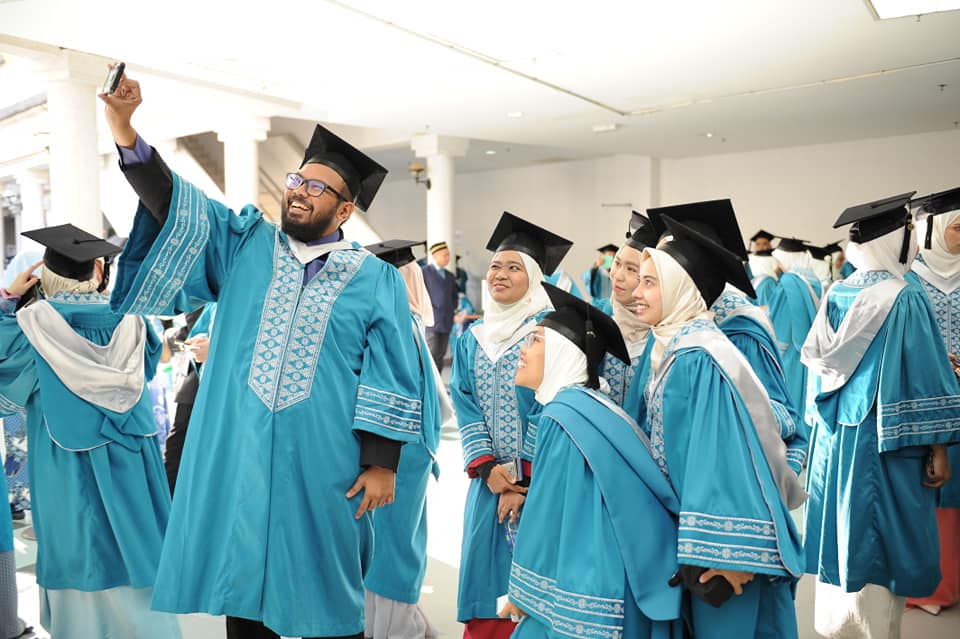
The goal is to attract at least 300,000 arrivals from the Middle East in 2023.
“West Asia has always been our priority market as Malaysia has all the attractions that appeal to travelers. Our diverse tourism offerings range from million-year-old rainforests, islands, and beaches to shopping and luxury vacations,” Ammar said, adding that major Arab carriers like Emirates, Qatar Airways, Saudia, and Air Arabia operate on the Kuala Lumpur route.
“Being a Muslim country, Malaysia provides a friendly environment with hotels offering halal food, prayer facilities, family-friendly entertainment, safety, and more,” Ammar added.
Malaysia’s healthcare infrastructure is also boosting its wellness and medical industry.
The Malaysian government is exploring collaborations with health ministries in the UAE, Oman, and Saudi Arabia for patient referral partnerships, expertise exchange, and consultancy tie-ups, Ammar said.
“Malaysia attracts a multitude of healthcare travelers due to its diverse, high-quality, and affordable treatments. It’s one of the top medical tourism destinations in Asia, alongside India, Thailand, Singapore, and South Korea,” he said.
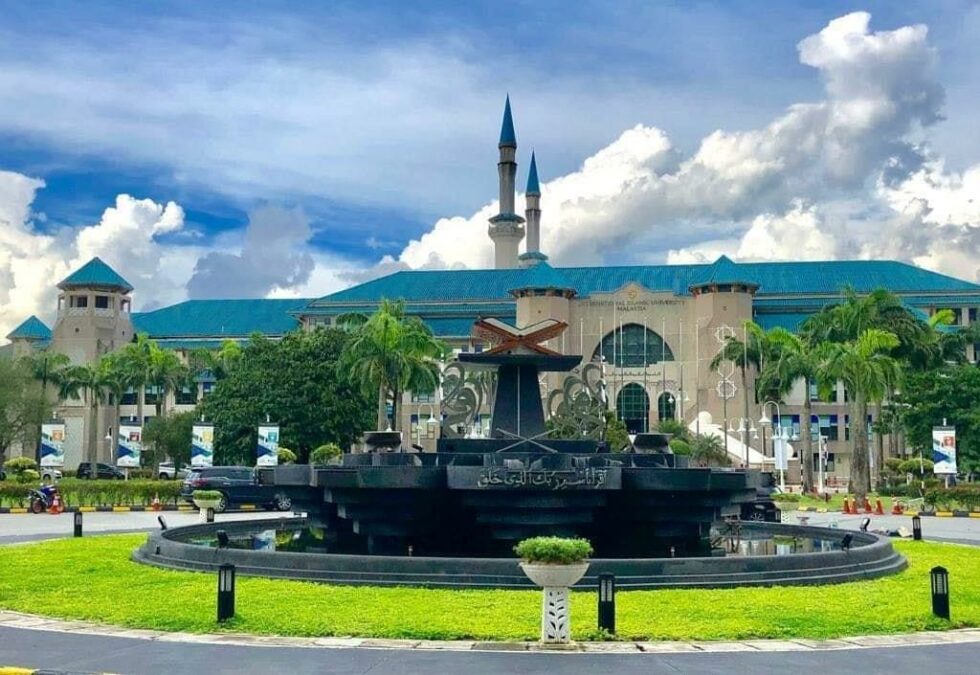
According to the Malaysia Healthcare Travel Council (MHTC), a government agency under the Ministry of Health, the country received 1.22 million healthcare travelers in 2019. After a sharp drop in 2020 due to the pandemic, the numbers rebounded to 850,000 last year. “Malaysia Healthcare is exploring more wellness options to encourage preventive care. This includes curated healthcare packages that combine premium health screenings with wellness activities and a tourism experience,” Ammar said.


